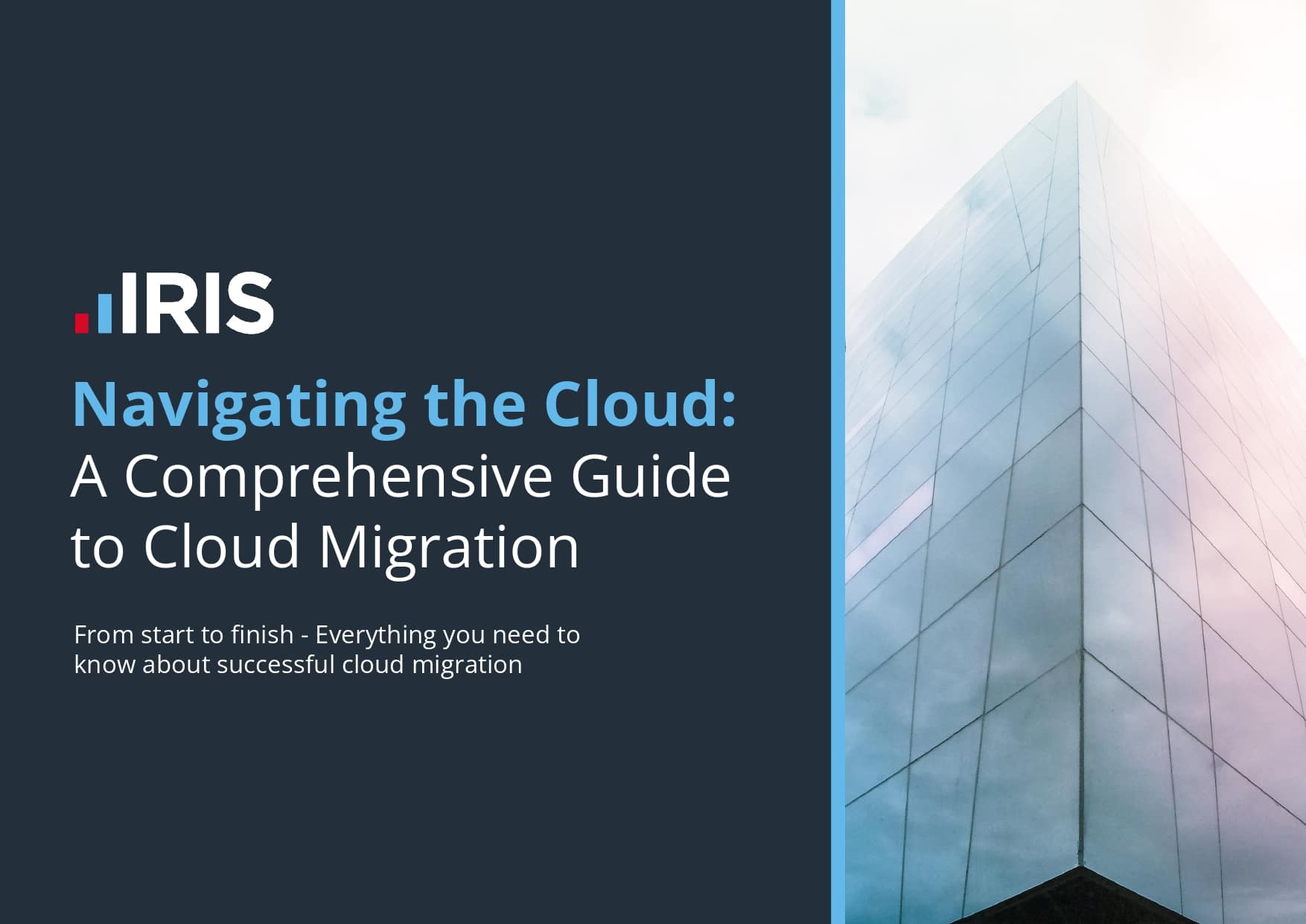What is cloud accounting?
Cloud accounting is when you use accounting solutions that live on the web, as opposed to on a desktop.
There are different types of cloud accounting solutions. Some are built purely for the cloud – and that’s our focus here – but you can use servers to host desktop software as well, and we will come to this later.

Benefits of cloud accounting
Cloud accounting generally means you can work from a browser.
This enables you to:
- Bring hybrid or remote working to your business
- Work on the go
- Take your accounting system to your clients
- Quickly update something from your phone
Online accounting software built purely for the cloud should help you stop hackers in their tracks and update client work from a single point of truth.
Our FREE cloud accounting guide
If you want to learn all about cloud accounting packages, check out our free guide. It tells you everything you need to know – including the “cloud-native” difference – and much more.

Your other option: cloud accounting and hosting
You can always host ALL your desktop software on an on-premise server instead of choosing specific cloud-built accounting solutions. This gives you a ‘remote’ or ‘virtual’ desktop that’s accessible outside the office.
But you might have to spend a lot of money on equipment, server software and IT personnel to keep things running smoothly (we’d recommend choosing a hosting service instead if you go this route). Furthermore, hosting doesn’t have all the advantages of new, cloud-built accounting solutions.

Things to know about cloud accounting
If you need a quick overview of cloud accounting, here are some important things you must know.
-
You can hire remote workers
Cloud accounting solutions let you work anytime and anywhere, as long as you have an internet connection. This extra freedom enables you to reach out to a wider pool of talent and gives your business an extra competitive edge.
-
Cloud accounting is different
At least, it’s likely to be different when it comes to purpose-built cloud accounting software. This is because new cloud solutions will be made from fresh code, and it’s probable developers will follow more recent, user-friendly design philosophies. At IRIS, we want people to be able to use our new software with no manual – just their accounting know-how!
-
Cloud accounting shouldn’t stall
Anyone who has booked concert tickets knows web technology can run slow when many people are logged in. But purpose-built cloud accounting platforms are often ‘scalable’. This means that during peak times, your software replicates – or ‘instances’ – on the server, so nobody is queueing for resources. You might not see this when using it, but it’s making your day far easier. So, when everyone wants to use the same cloud solution during busy season, the extra demand won’t slow it down.
-
Cloud accounting means integration
Your financial data needs to work for you. This technology, when done right, can share information between its apps and your existing software. This functionality will drastically cut down on manual data entry – or rather, re-entry.
-
Cloud accounting uses subscriptions
Generally, cloud software requires a subscription model to ensure the costs of the servers and updates are covered. A subscription model for software you must update is, of course, good news for your cash flow. When choosing your online accounting software, it’s always worth checking there are tiers suited to you.
You can hire remote workers
Cloud accounting solutions let you work anytime and anywhere, as long as you have an internet connection. This extra freedom enables you to reach out to a wider pool of talent and gives your business an extra competitive edge.
What people ask us about cloud accounting
-
Cloud accounting – at least the purpose-built variant – is all about sharing data, so you don’t have to retype everything. Because your solution is on the web, you can also tick tasks off your list wherever you are, whatever the device.
-
Its data-sharing will help you stay accurate. But it can also quickly update functionality so that your reports meet the needs of a shifting compliance landscape. With cloud technology, that update happens seamlessly in the background.
-
Clients have one thing that’s always high on their list – the security of their software platform and data. Cloud-built solutions are faster to update, and each step of the journey is built around security. This ranges from multi-factor sign-in to layers of protection in the software and on the server. Data sharing is also done using “portals”, so there’s no more emailing spreadsheets.
-
Not all cloud software is created equal. Some can be built for the cloud; others might be older software with a few workarounds or a thin layer of code to get it to the web. Unless specifically addressed, the latter will bring any old problems it has across; whether it’s on a server or a desktop makes little difference. IRIS Software – like KashFlow, Elements, and Staffology – are all purpose-built for browsers.
-
That can depend on the size of your operation, your data migration processes and your clients. But if things aren’t too complex, we would say it’s quite fast; we have technology that lets you move data easily from older solutions to newer counterparts.
-
We’re a leader in the race to deliver cloud-native accounting software. We’d say that accounting solutions built purely for the cloud are ready for small and medium business requirements – at least when it comes to our products, like IRIS Elements. At enterprise level, we build our cloud software to power up your existing desktop solutions, such as IRIS Accountancy Suite.
-
Nothing specific to cloud accounting software. But as with all change, some people get excited, and some might resist because they are stepping outside their comfort zone. A good demo from you or the vendor will go a long way to remedying this.
The cloud also relies on the internet. This isn’t the problem it once was, but if your internet is unusually poor, you should seek to upgrade before moving to cloud technology.
More about cloud accounting
More about the cloud and IRIS.

Blog Article
How IRIS Elements is solving the accounting industry’s patchwork problem

Blog Article
How IRIS Elements grew from adversity, ingenuity and lessons learnt

Blog Article
